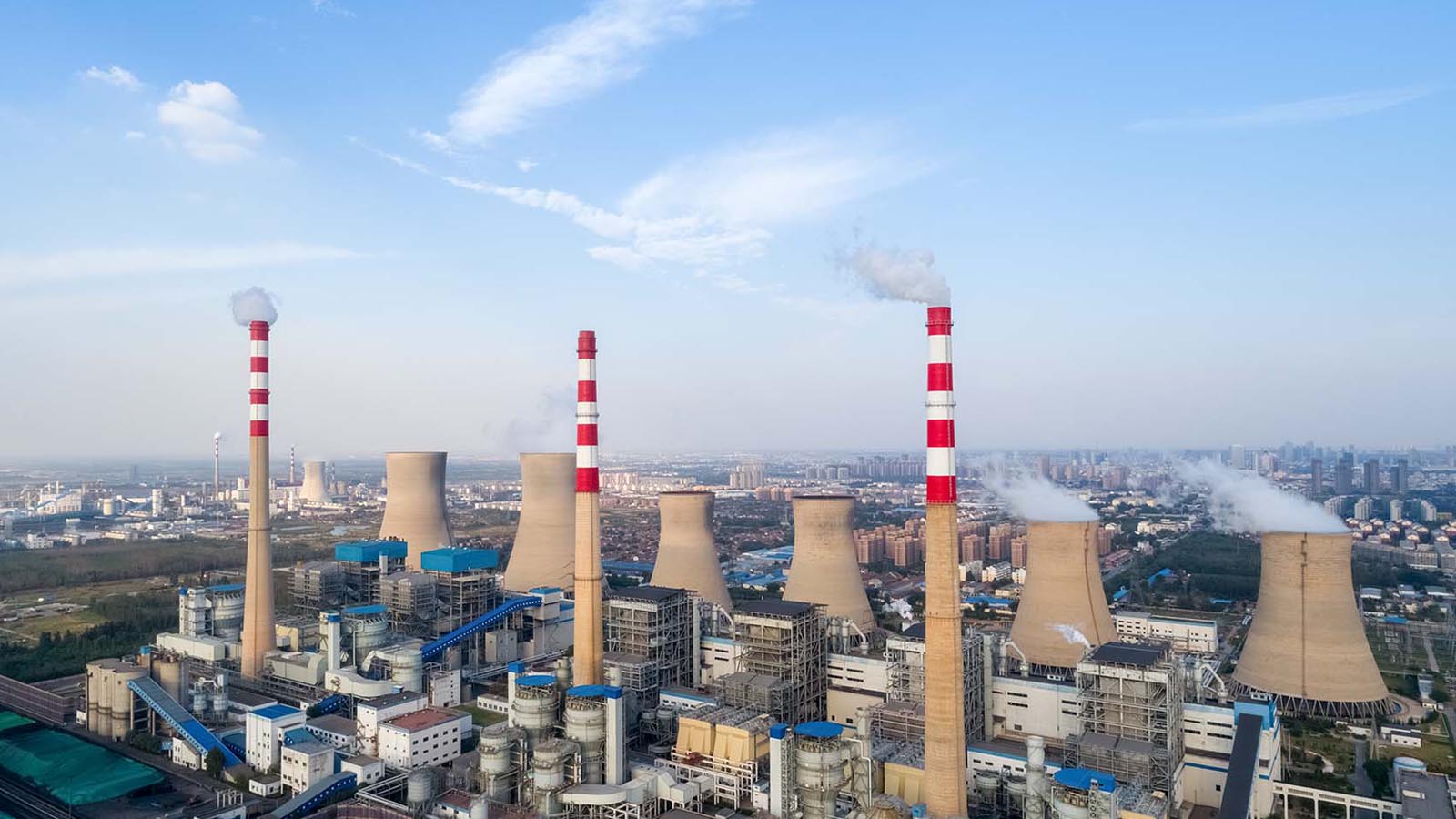The Nigerian Electricity System Operator has announced that twelve power plants in Nigeria could not generate 1,609.9 megawatts of their total installed capacity on Sunday as a result of gas constraints.
The total unutilised electricity generation capacity in the country stood at 2,242.1MW as of 6 AM on Sunday, with low load demand by the distribution companies, water management and line constraints stalling the generation of 632.2MW.
The power plants affected by gas constraints included Omotosho I, Olorunsogo I, Omoku, Afam VI, Omotosho NIPP, Trans-Amadi and Sapele NIPP.
Others were Geregu NIPP, Olorunsogo NIPP, Egbin, Rivers IPP, and Geregu I.
The NESO data also showed that the plants on the national grid produced 4,358.9MW as of 6 AM on Sunday, down from 4,660.1MW on Saturday.
Egbin, the nation’s biggest power plant, saw its output decline to 712MW as of 6 am on Sunday from 832MW on Saturday.
Ten plants, including six plants built under the National Integrated Power Project, did not produce any megawatts of electricity as of 6 am on Sunday.
The idle plants were Sapele NIPP, Alaoji NIPP, Olorunsogo NIPP, Omotosho NIPP, Ihovbor, Gbarain, Ibom Power, AES, ASCO and Egbin ST6.
The country generates the bulk of its electricity from gas-fired power plants, while output from hydropower plants makes up about 30 per cent of total generation. The hydropower plants are Kainji, Jebba, Shiroro and Dadin Kowa.
The Nigerian Gas Association and other stakeholders said recently that the liquidity issues hampering returns from the power sector should be speedily resolved to address legacy debts and facilitate full recovery of gas revenues from the Nigerian electricity supply industry.
The Minister of Power, Sale Mamman, announced on April 15 the breakdown of some power plants, including Sapele, Afam, Olorunsogo, Omotosho, Ibom, Egbin, Alaoji and Ihovbor.
The minister said the Jebba Power Plant was shut down for annual maintenance.
He said seven plants, namely, Geregu, Sepele, Omotosho, Gbarain, Omoku, Paras and Alaoji were experiencing gas constraints, while Shiroro plant had water management problems.
The ministry said at the time that the unfortunate development had drastically affected power generation, thus effectively minimising the national grid.













